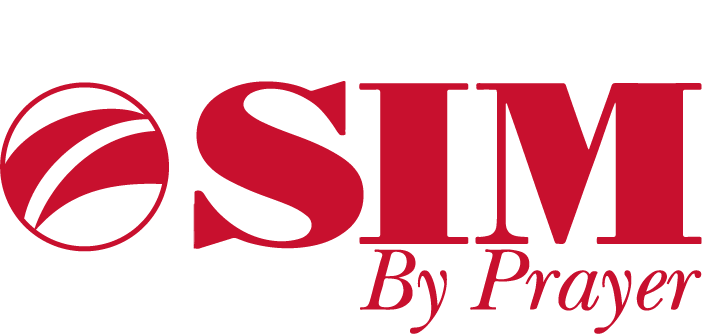Forty-year Monkolé Bible translation project nears end
By Tianna Haas | Benin in West Africa

Hilary Deneufchâtel, Pierre Barassounon and Philémon Orou Jean.
The translation of the Bible into Monkolé, a language indigenous to northern Benin, is drawing to a close after 40 years.
Estimates of the Monkolé population range from 20,000 to 100,000, though the precise number in unknown because the people are settled in various rural villages or interspersed in towns largely made up of other people groups.
The translation team began working on the New Testament in the 1980s with Canadian Grace Birnie as the lead. Progress slowed as other ministry endeavours like church development and literacy training eclipsed their time, but eventually, it was published in 2007, three years before Grace retired.
As Grace was transitioning out of her position, Hilary Deneufchatel began language learning, and a year and a half later, joined the translation team. She now leads the Old Testament translation and the publication of the Monkolé Bible.
Three people make up the current team: Hilary, pastor Samuel Tchebo and church elder Philemon Orou Jean. Samuel has worked on the project from the start and has a unique role as the only known Monkolé pastor.
Samuel said: “The work has changed enormously since I’ve been working on the team. When we started, we did all our first drafts on the blackboard, with lots of rubbing out. Then someone typed it up on a manual typewriter.”
Samuel went on to describe the difficult process of copying, carried out on old machinery and coloured carbon paper. He said: “It was dirty and very difficult to read.”
Now, computers and Paratext software have transformed their work.
In the early days, their table was also covered with books, including different French Bibles, as the New Testament was translated from French into Monkolé. The Old Testament translation has also been rendered from the French, although Hilary checked it against the Hebrew text to stay true to the original language.
The team faced many personal difficulties during the project, including accidents, illness and family deaths. Their translation consultant was diagnosed with cancer, which required him to take an extended leave of absence. In spite of the struggles, the team persevered in the hope that Monkolé people would soon be able to read Scripture in their heart language.
The Monkolé New Testament is already producing a visible effect, although it is difficult to measure how many Jesus followers read Scripture regularly.
Hilary said: “Over the time we've been here, we have seen certain preachers whose sermons show an understanding of the biblical text and evidence of a real desire to go more deeply into God's Word.”
The Scriptures in Monkolé have also influenced people who do not yet know Christ.
Hilary said: “As the translation team has gone out into local villages to test our translation, it's been encouraging to hear that some non-Christians have exclaimed, ‘This is really God's Word!’ and some have asked for their own copies.”
"... some non-Christians have exclaimed, 'This is really God's Word!'"
During translation testing, mission workers went out to speak with a local representative from the government, who would introduce them to subjects or give them permission to find a testing group. The mission workers would then read samples of the text to people, as the Monkolé are an oral tradition society. The translation team saw positive results from this, as people were extremely willing to help.
Hilary said: “Which of these people are reached with God's Word will depend on the Monkolé Christians themselves.”
An organisation that supports the dissemination of the Bible in minority languages, MiDi Bible, will soon commence the Monkolé Bible’s typesetting. The complete Bible is projected to be ready for distribution in early 2022.
Pray for:
• Monkolé Christians to treasure God’s Word and share the gospel with their neighbours.
• the final touches on the Monkolé Bible.
• the SIM Benin team to be encouraged in the Lord and continue their vital work sharing the good news of salvation with the Beninese.
Related stories

Doro Clinic outreach programmes reach the forgotten with care and the gospel
In South Sudan’s Maban County, medical teams from SIM’s Doro Clinic are reaching refugees who can’t reach them, bringing healing, hope and the gospel to the sick, the stigmatised and the overlooked.

Today for Tomorrow is rooting the next generation in Christ across Southern Africa
Today for Tomorrow began with just five children when SIM mission worker Graham, Jessie and Chris Maphosa saw a gap in how children were being discipled. While serving in Zimbabwe, Chris and colleagues developed the T4T training programme to help pastors and teachers share Christ-centered lessons in ways children could understand. Today, the ministry has grown significantly and continues to shine across the region.

Our call to care for the planet goes beyond recycling: lessons on creation stewardship
As a child growing up in Canada, I thought recycling was the best way to help the planet. The world’s problems were much too big for us as children, but finally, there was something we could do as well, right from our home. But my understanding of all my efforts were turned on its head when I chatted with Ian Ratcliff, SIM's Ministry Point Person for Creation Stewardship and Care.

